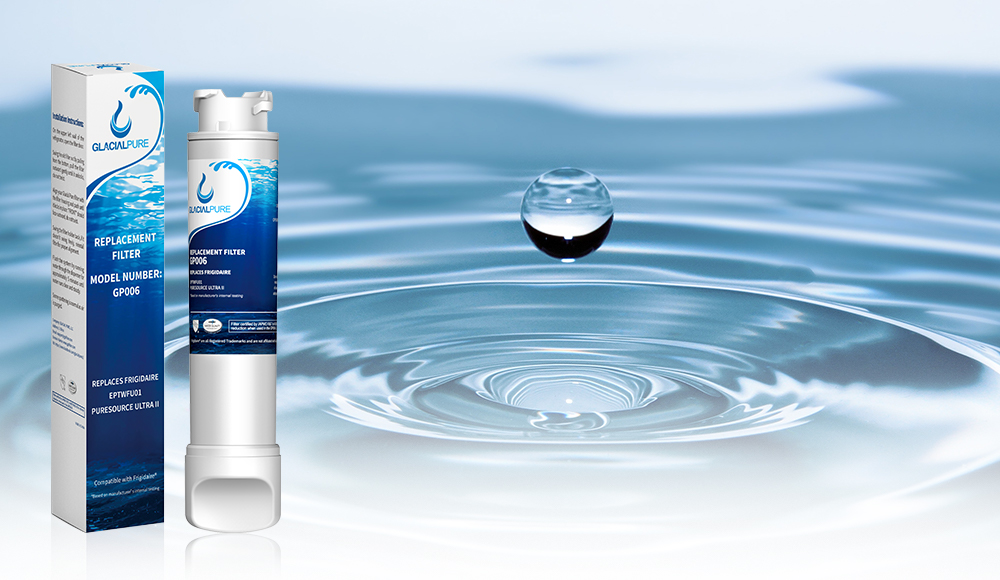We may not be very familiar with activated carbon, but it is already an indispensable thing in life, so what is activated carbon?
Activated carbon is a kind of carbon that has been processed to make it extremely porous, resulting in a large amount of surface area. Essentially, this process allows for excellent adsorption. Adsorption is the adhesion of gases, liquids or dissolved solids to a surface. This is different from absorption, which is where fluid penetrates or is dissolved by liquids or solids.
Activated carbon for carbon filter is available in granular or extruded form. Activated carbon comes from several different materials, such as coal, coconut shell, peat or wood. Activated carbon is made of the above-mentioned materials, and exposes them to very high temperatures in an oxygen-deficient environment to "carbonize" the material. These materials are then "activated" by exposing them to oxidants at very high temperatures. This process is the cause of porous corners and gaps in each particle. When these materials are "activated", they have a large surface area, making them ideal for collecting pollutants from the water in your home.
Extruded charcoal is a fine powdered charcoal that is combined and fused with special adsorbents such as thermoplastic binders and oxidizing filter media, and then extruded into a cylindrical shape for a variety of applications, including water filtration. Compared with granular activated carbon, extruded carbon has a higher surface area and is very uniform. Extrusion provides high performance adsorption and particle reduction, while also providing low flow resistance.
The performance of extruded carbon is generally better than that of granular activated carbon because of its higher adsorption capacity and higher pollutant reduction rate. Extruded carbon also has lower pressure drop, higher dirt holding capacity and very few carbon "fine particles" (also known as small particles). Compared with granular activated carbon, extruded carbon generally has higher integrity, strength, and overall ability to produce the highest possible effluent quality.
Granular activated carbon is sometimes loosely packed in a non-rigid filter element, which can allow water passage. In some cases, granular activated carbon filters release more carbon "fines" than extruded carbon filters. Due to the loose design of the filter element, granular activated carbon filters sometimes allow water to bypass the activated carbon. It is also not a good idea to install the filter housing horizontally, because carbon will settle to the bottom of the filter element and allow water to flow through the open channel.
Most refrigerator filters have NSF certification. NSF stands for "National Sanitation Foundation International" and is an organization that certifies products. A filter NSFANSI that meets the NSF material requirements has been proven not to leach chemicals that exceed established standards. All filter components are tested during certification and evaluation.













